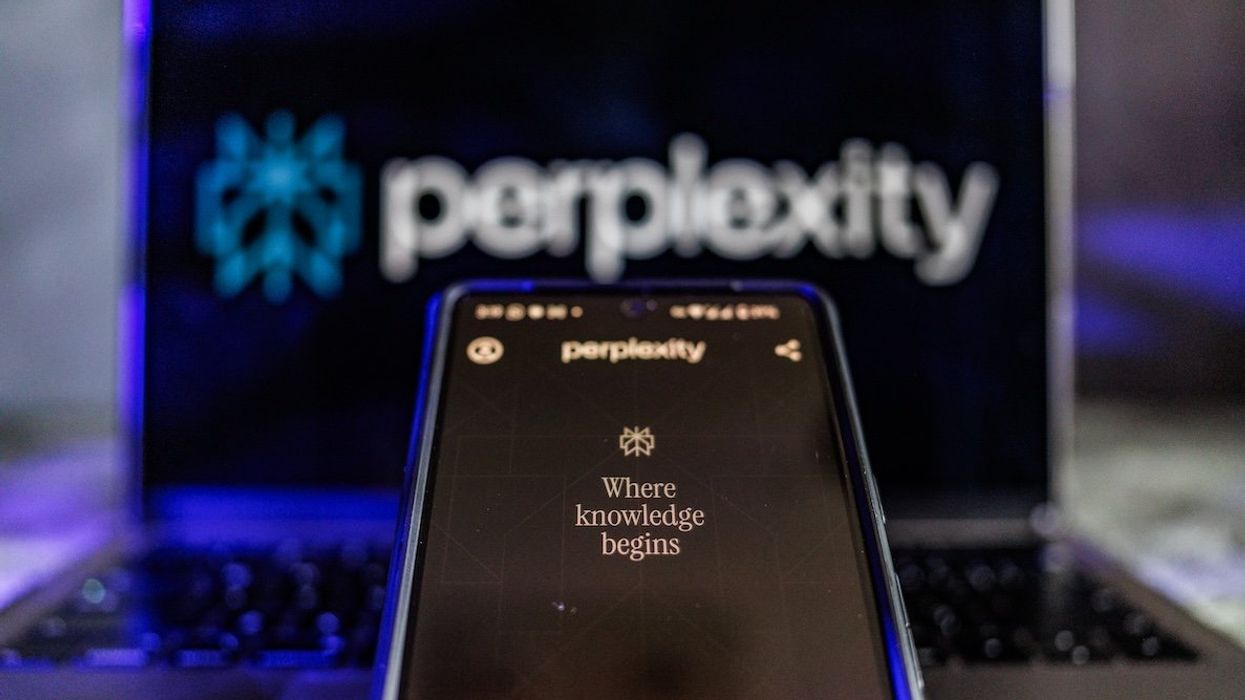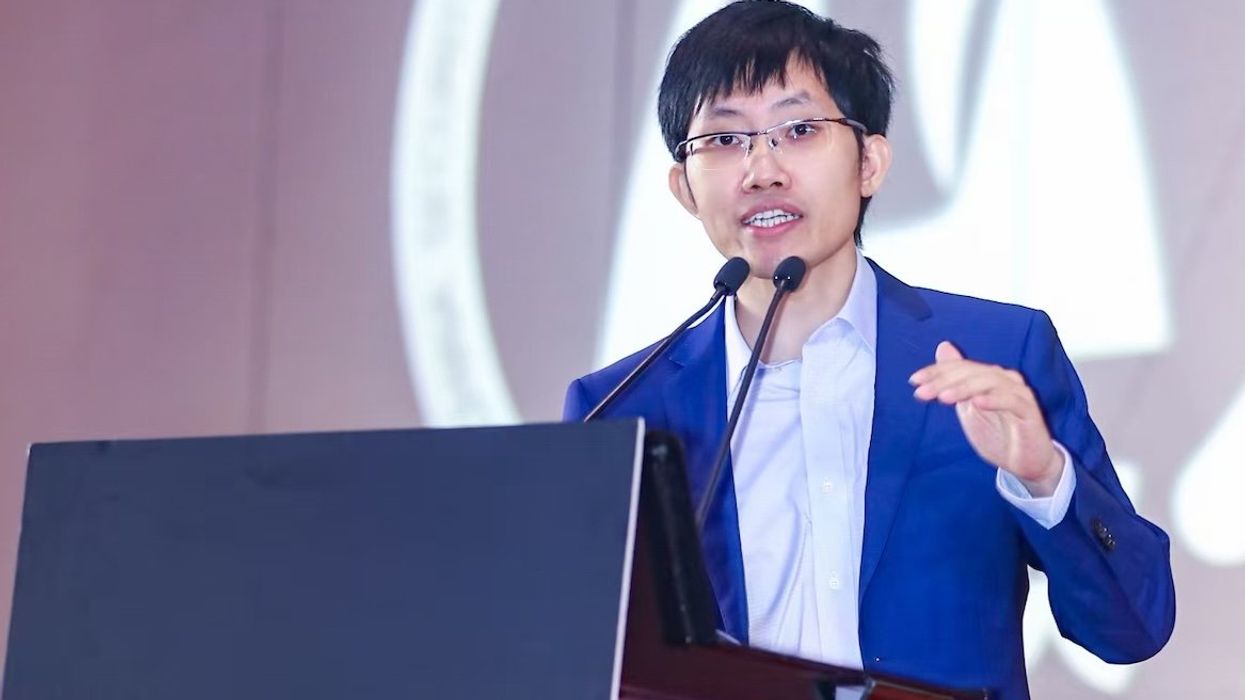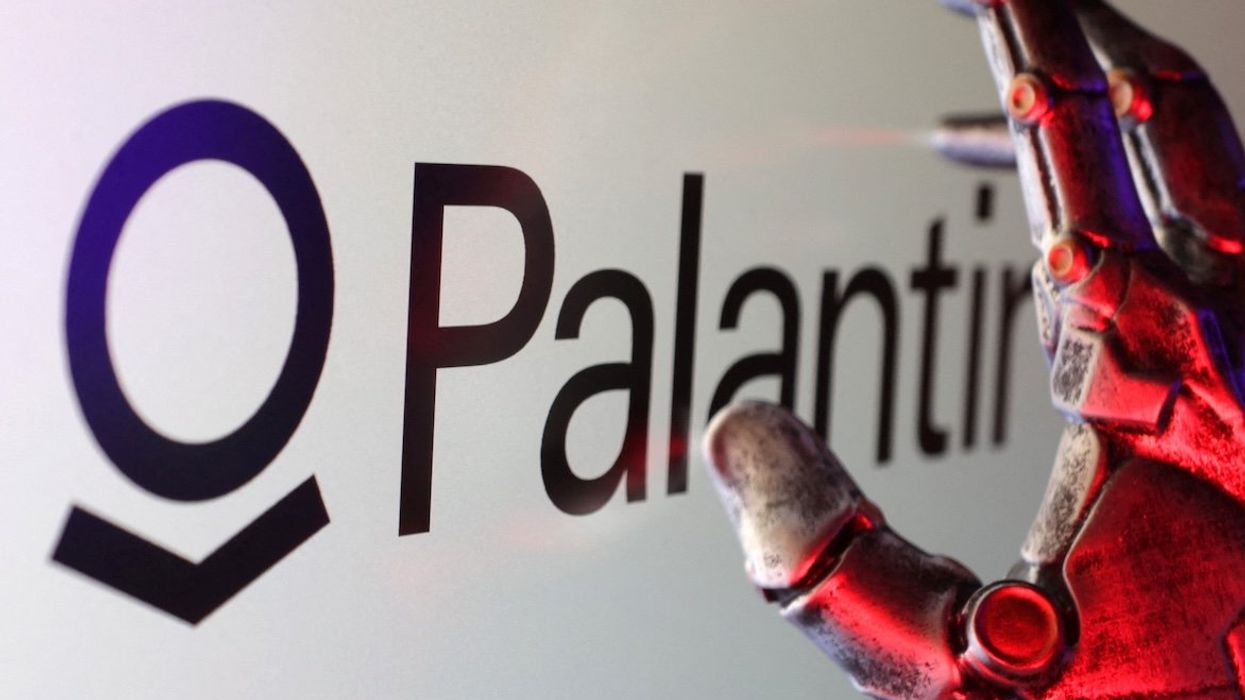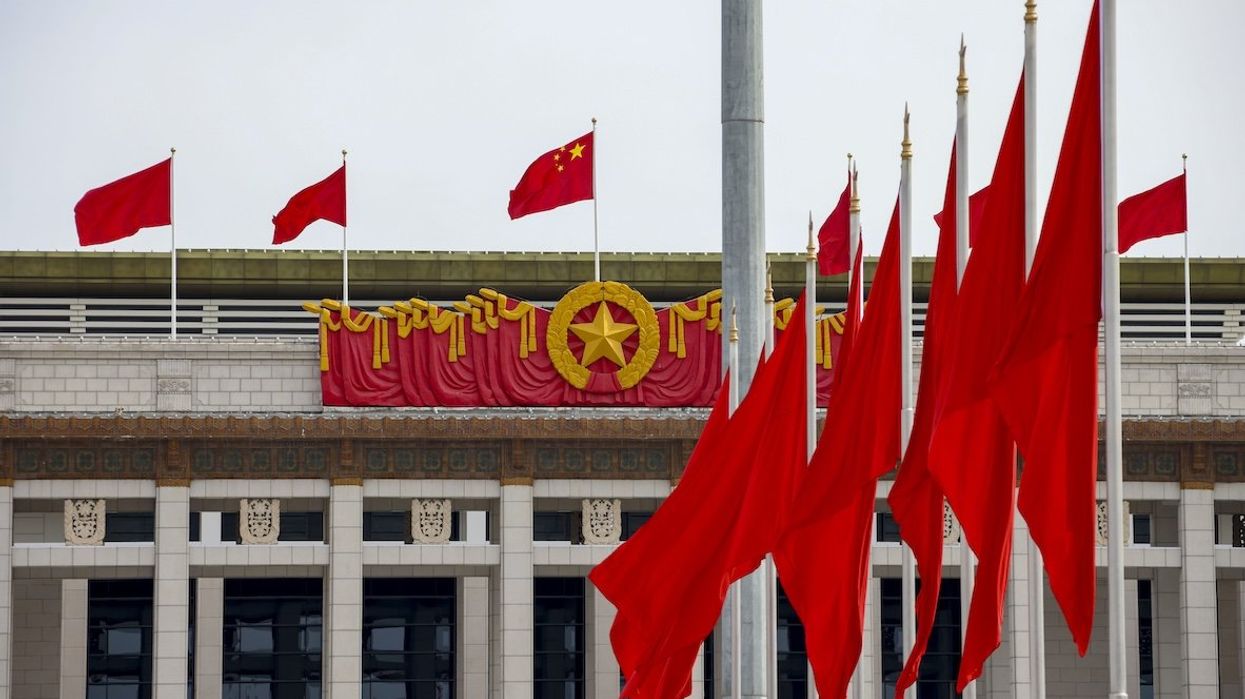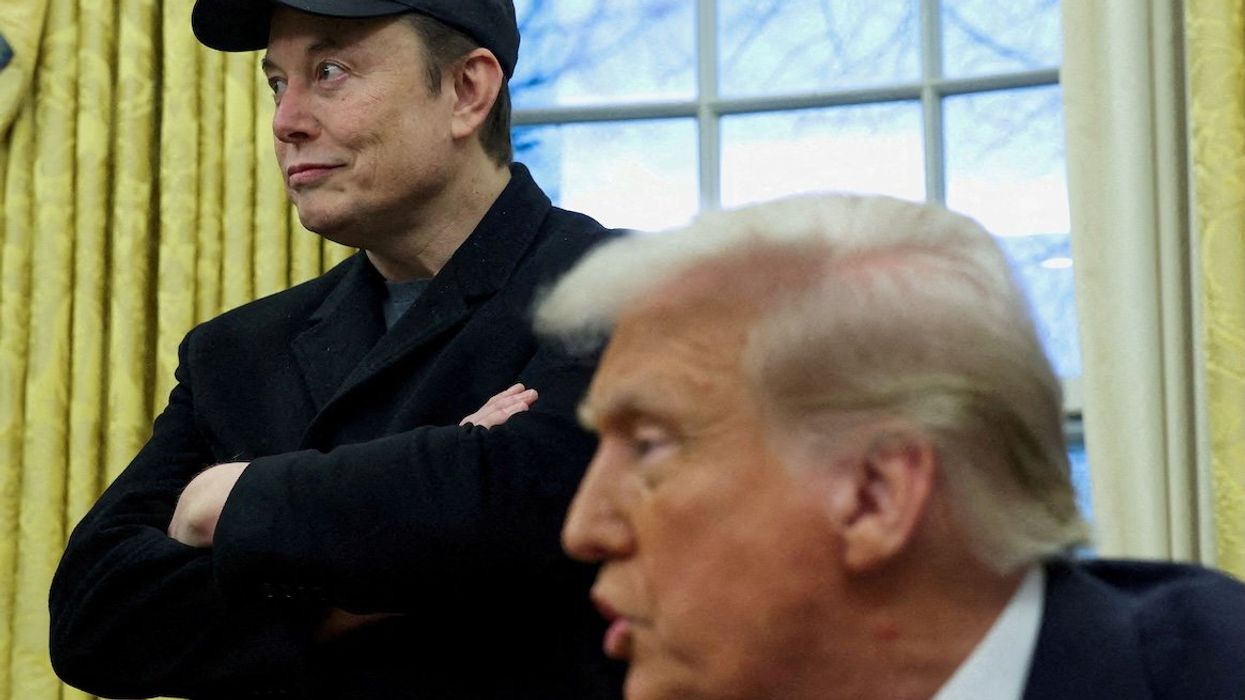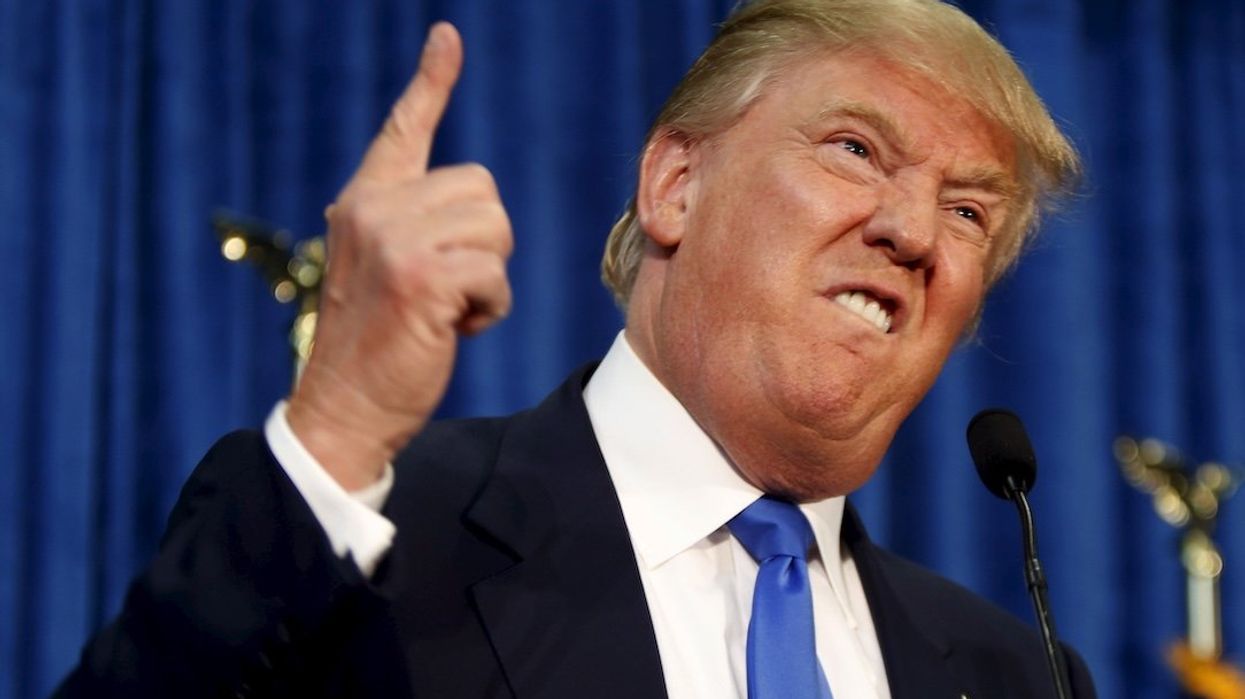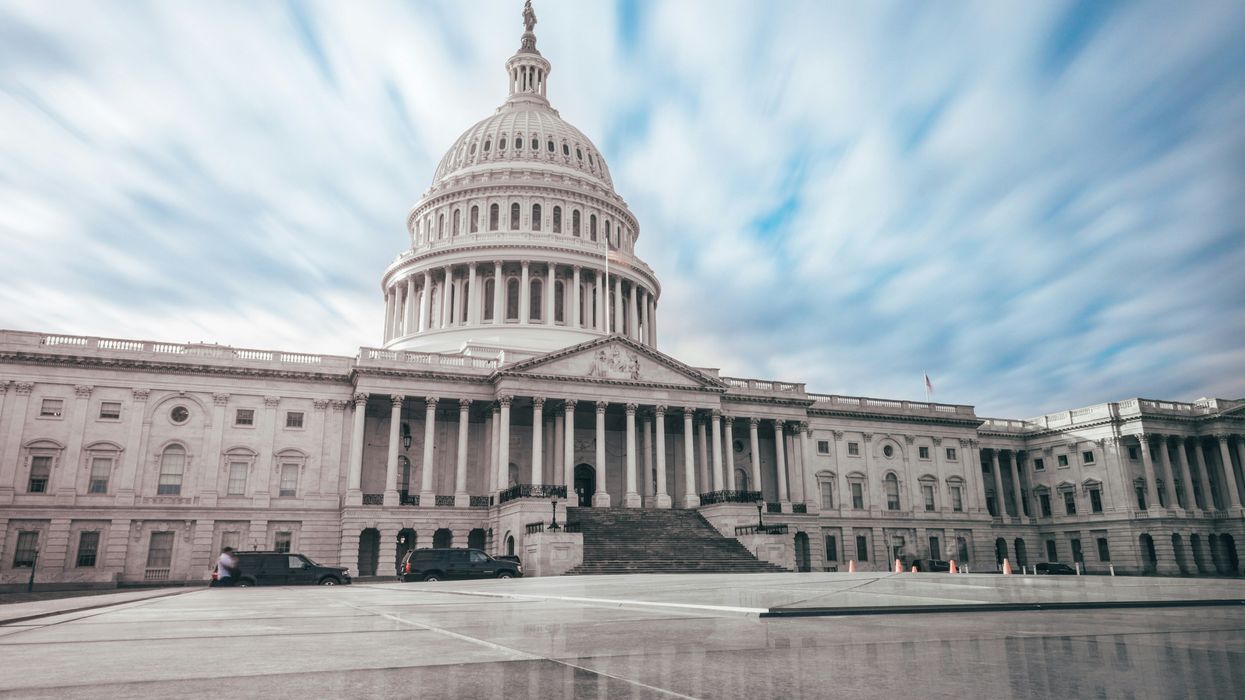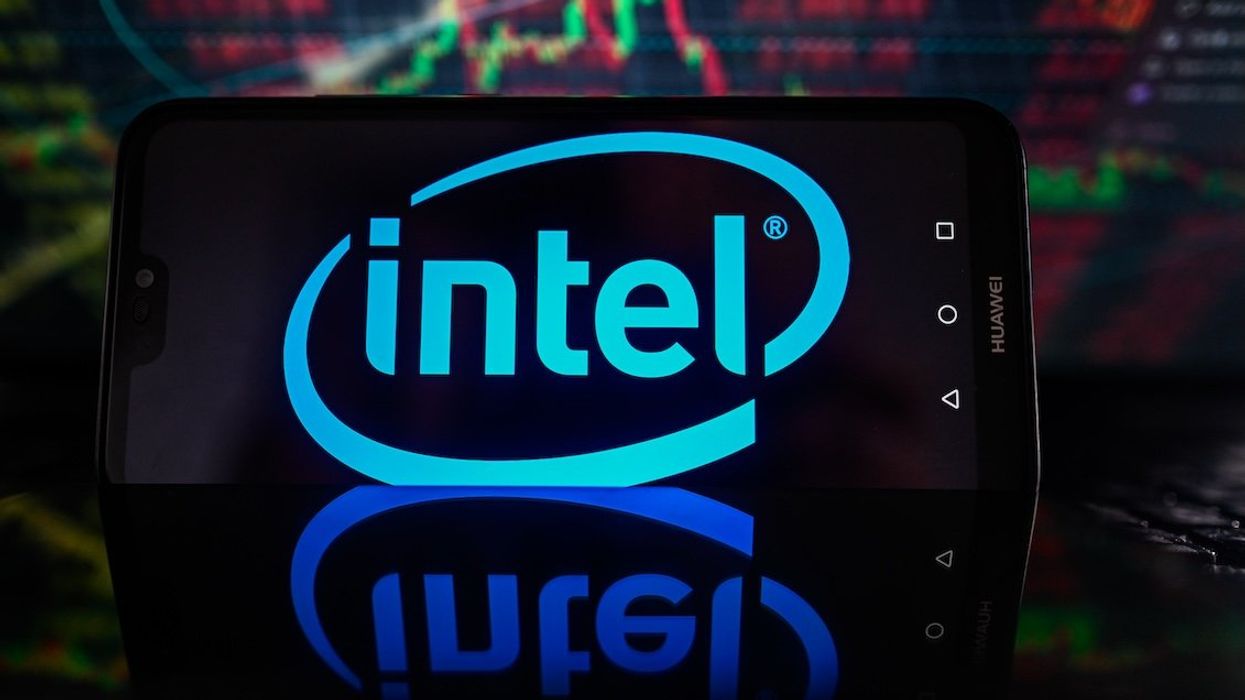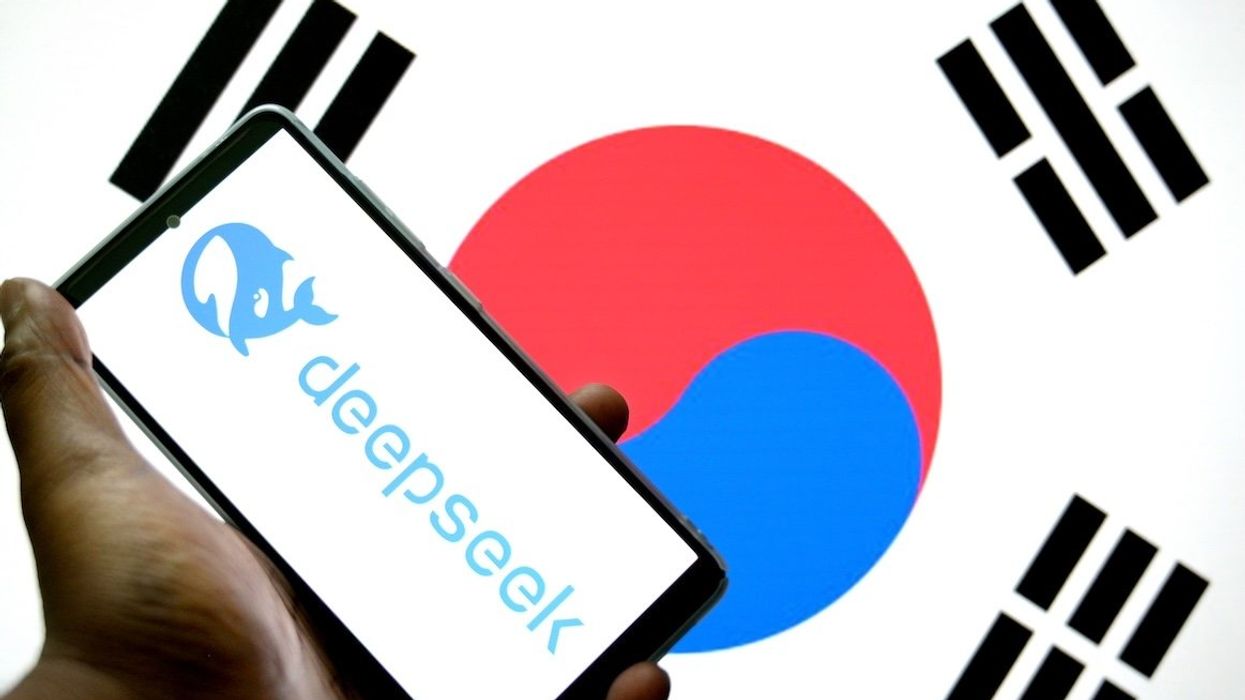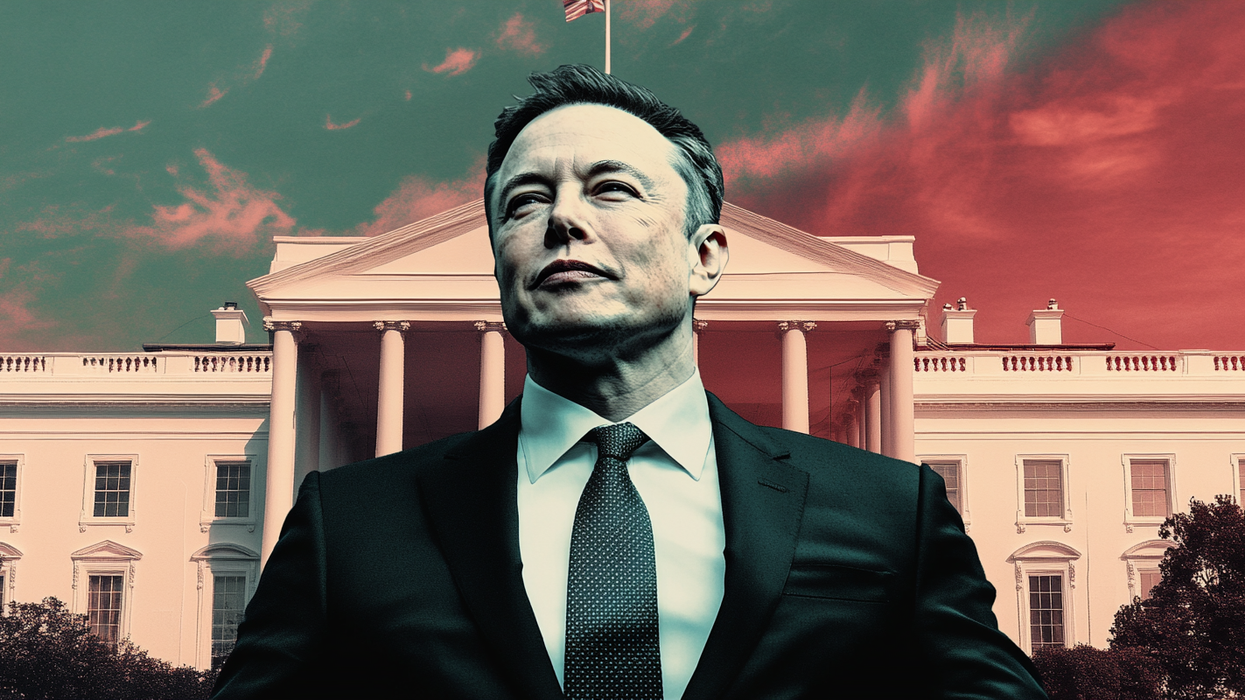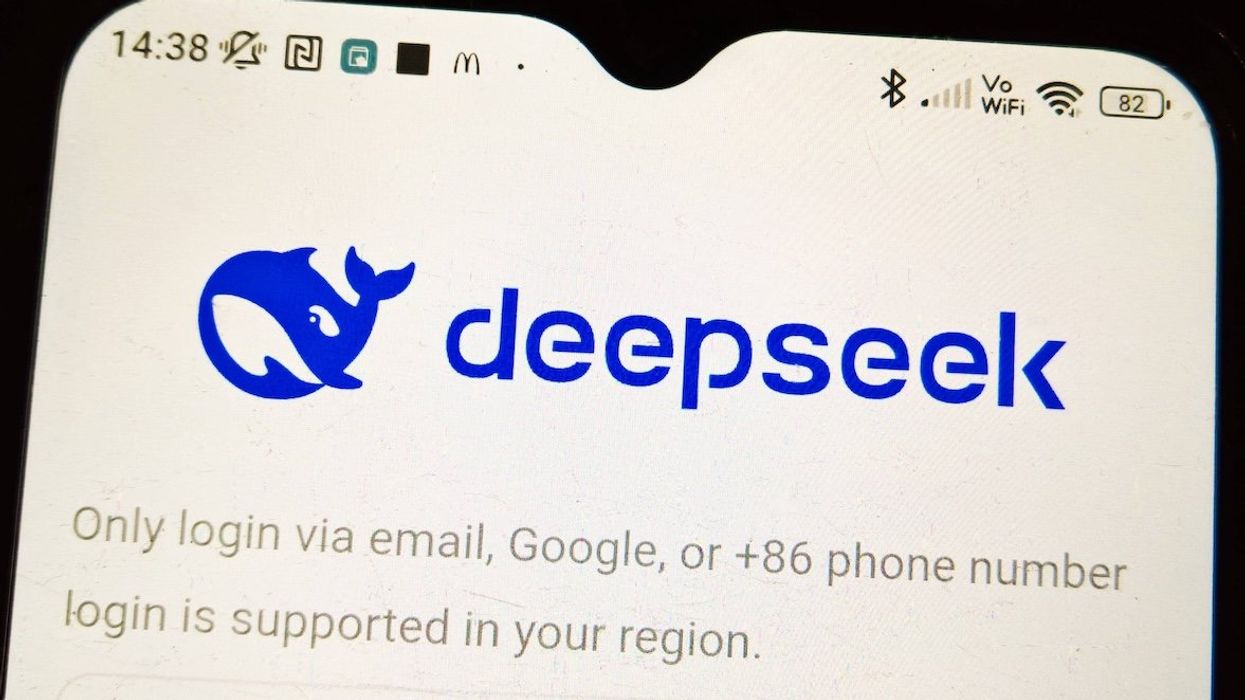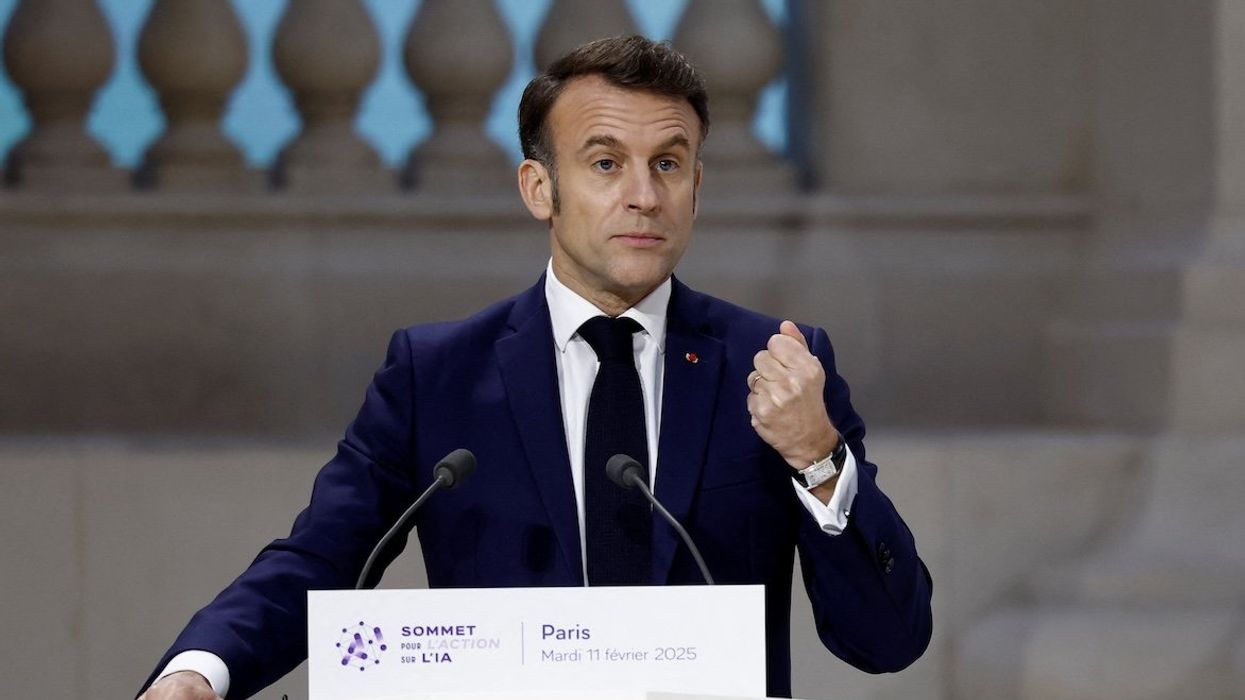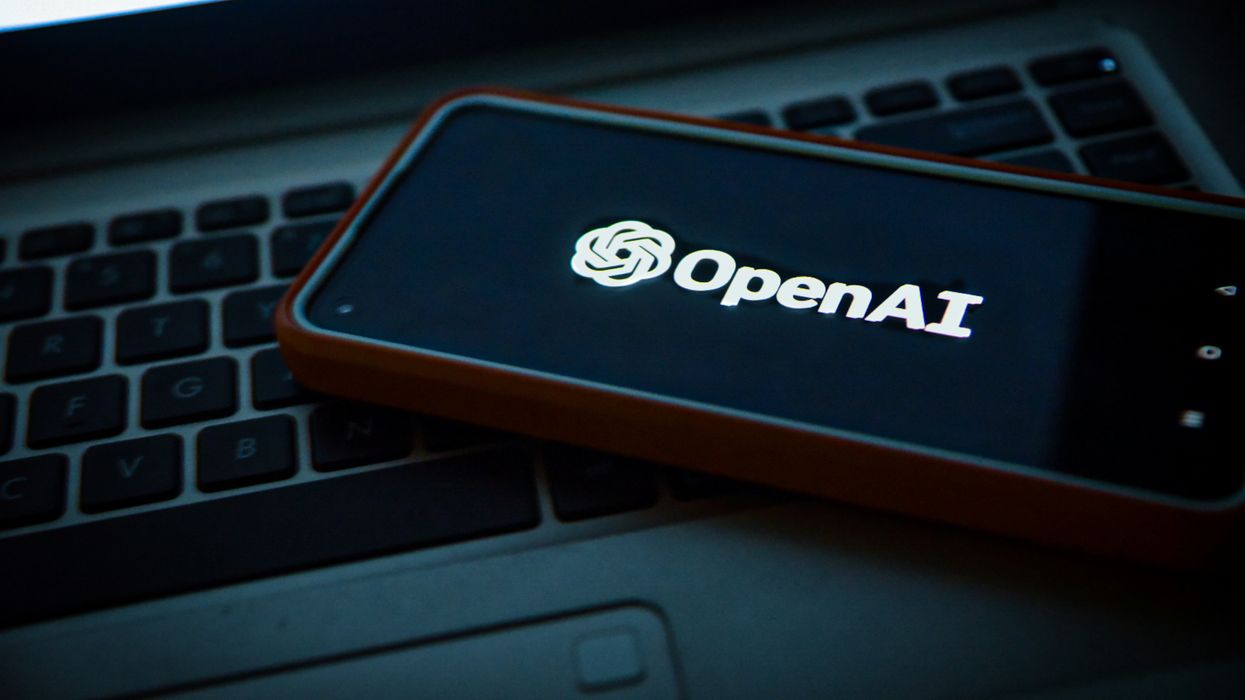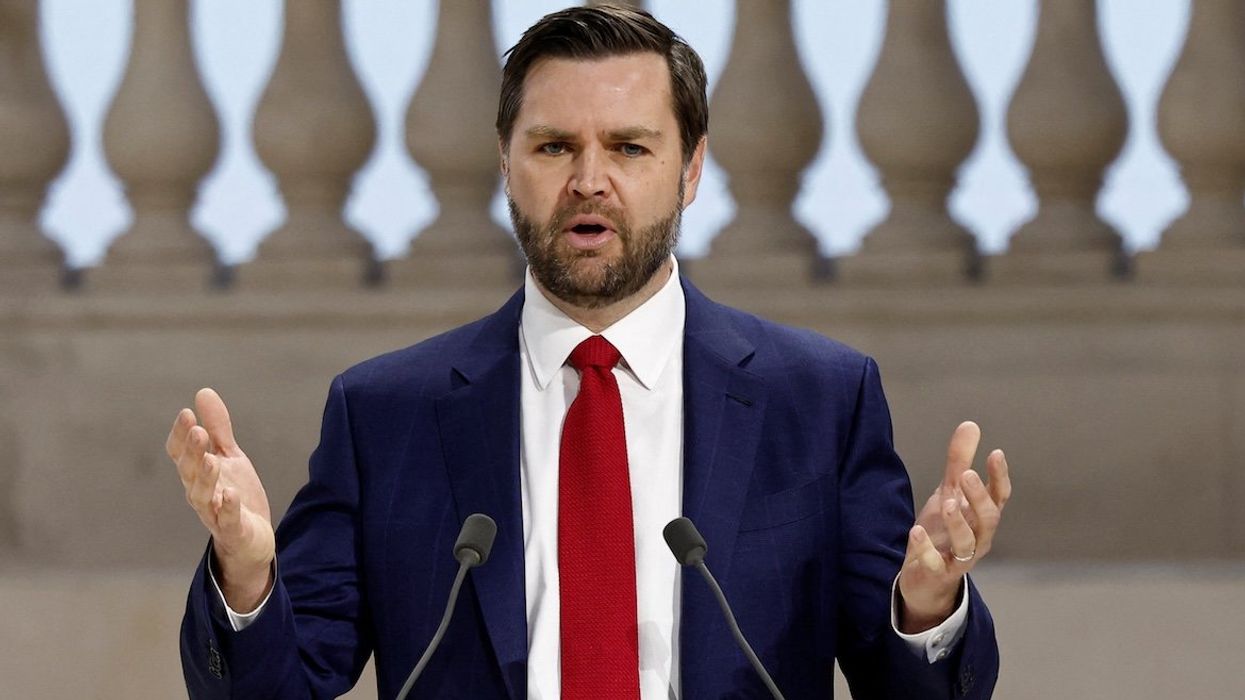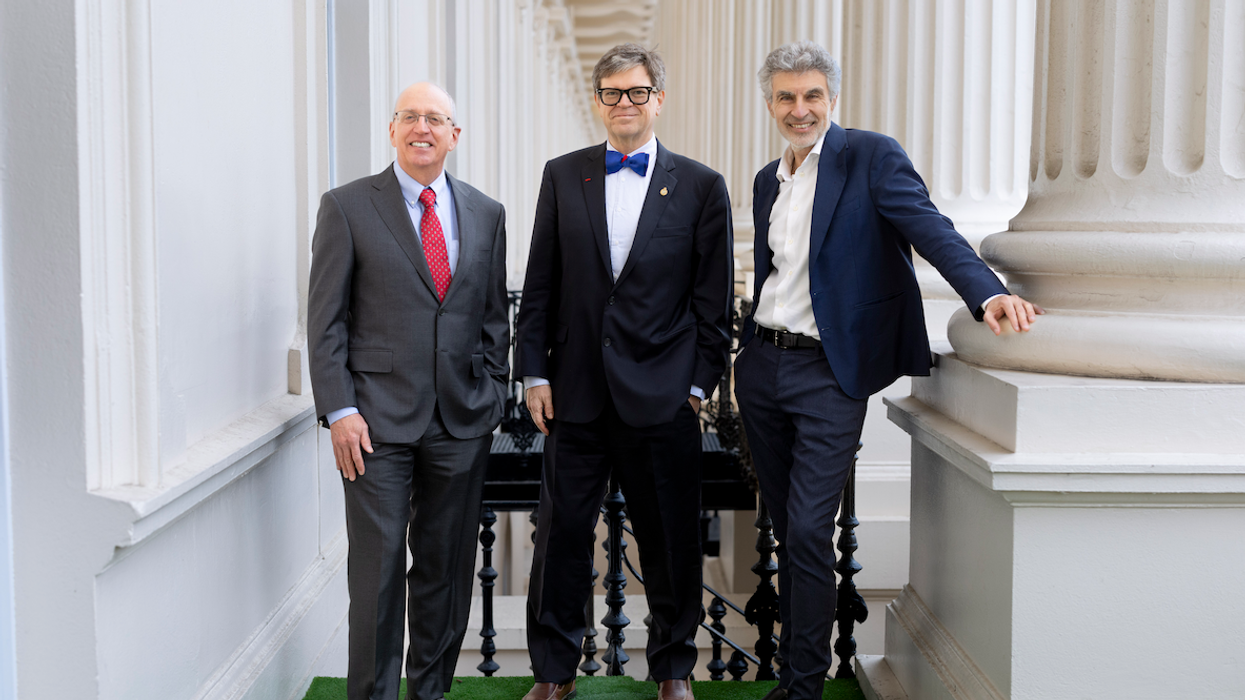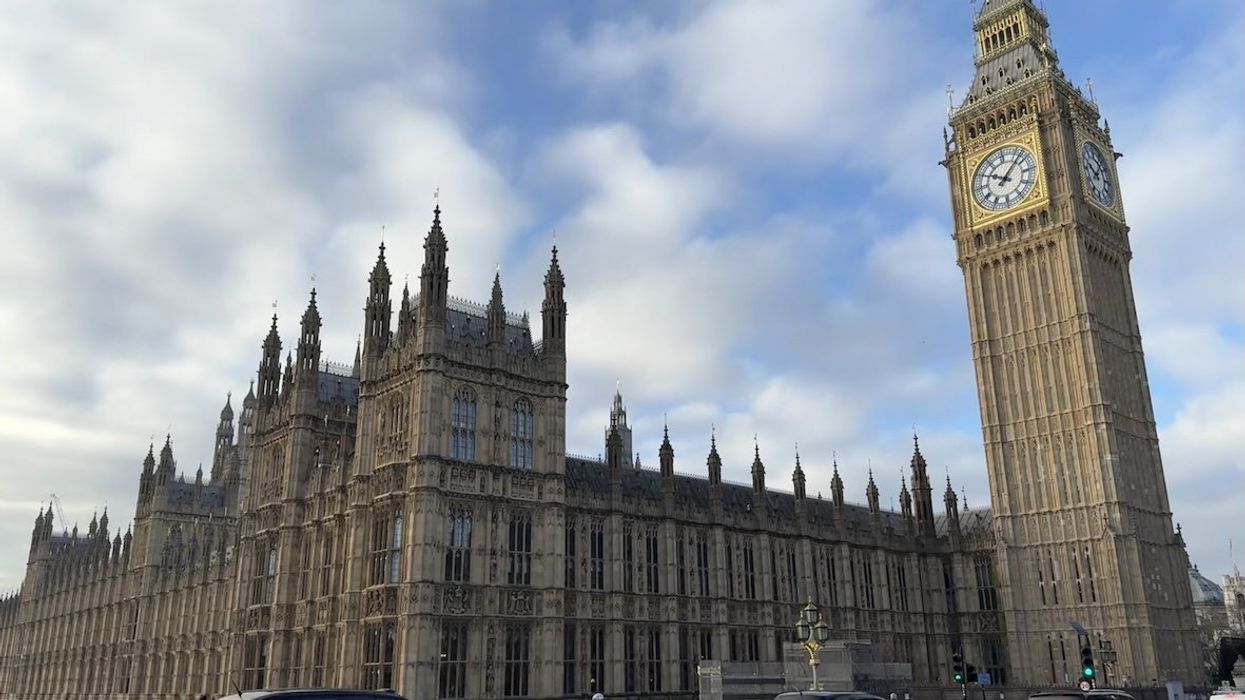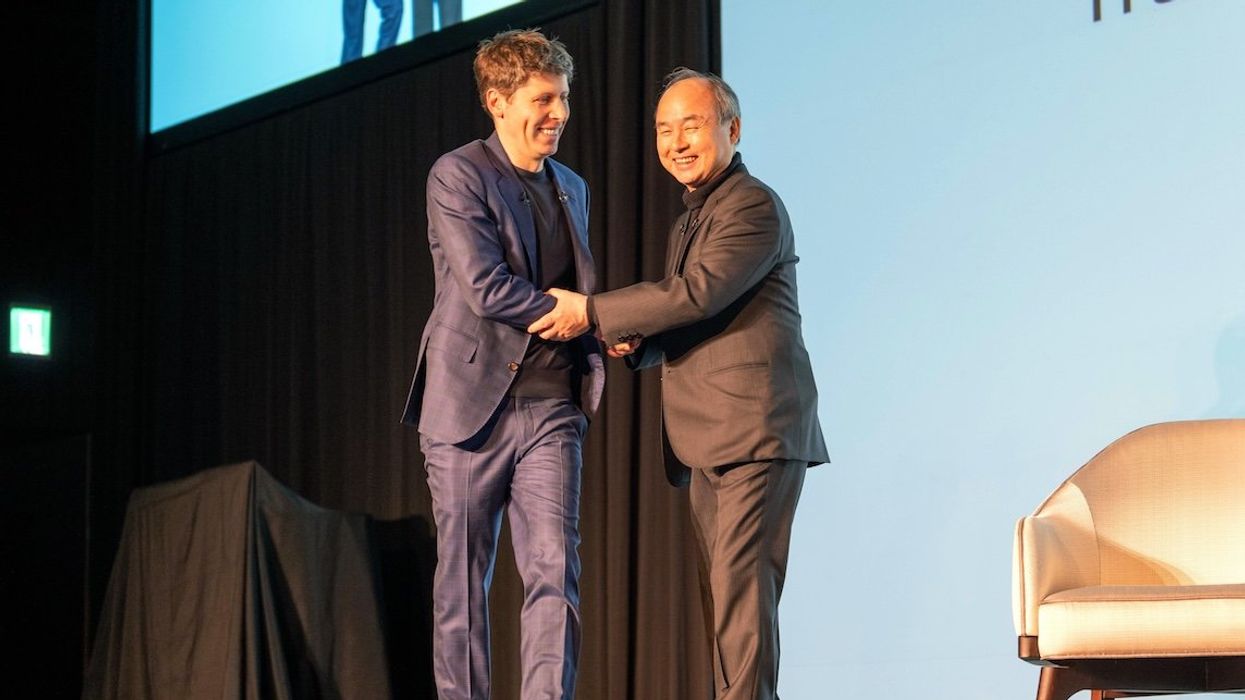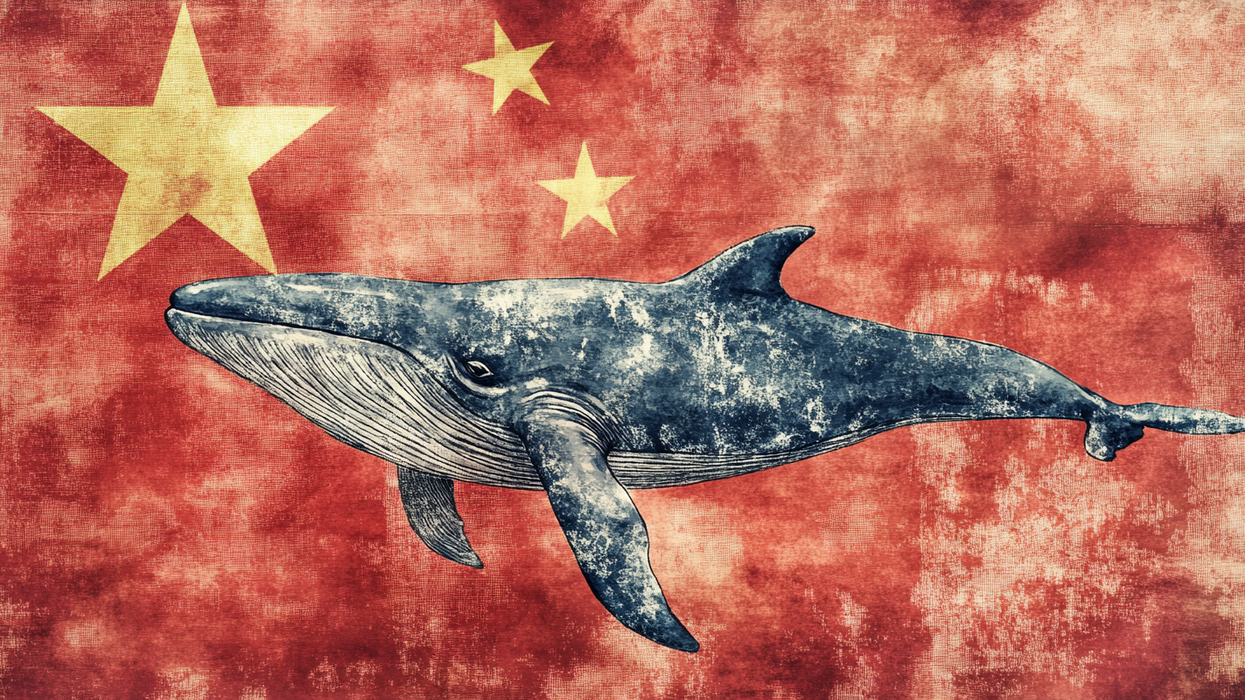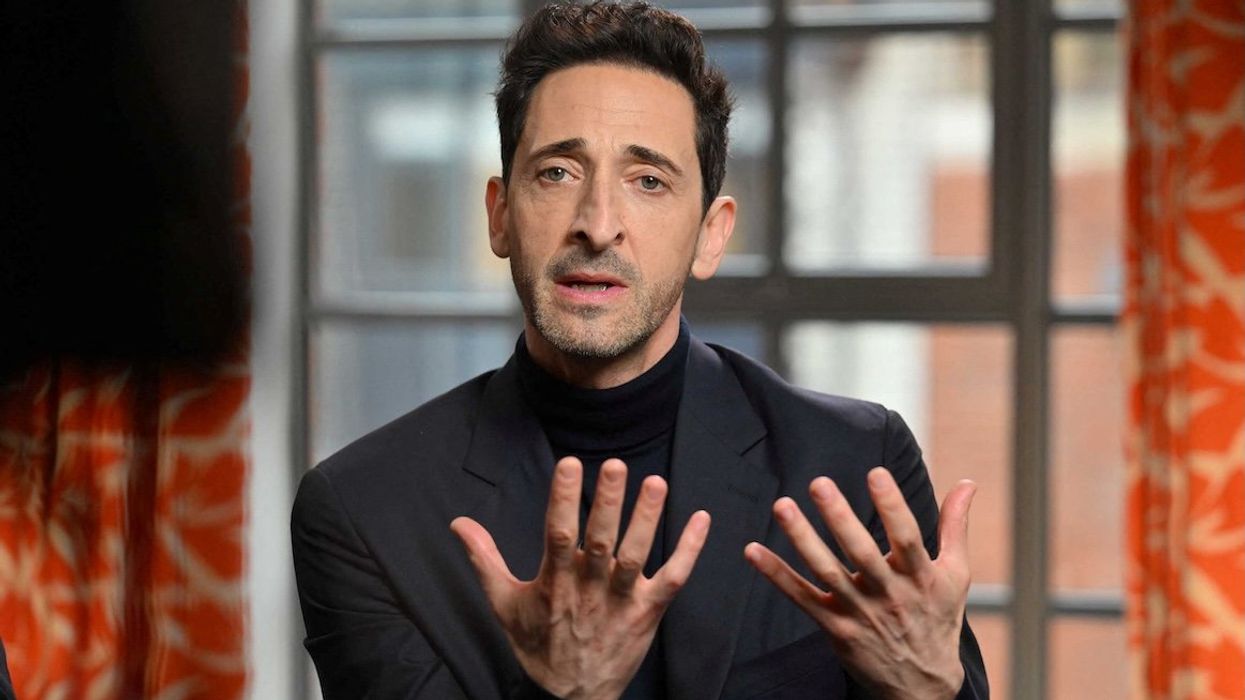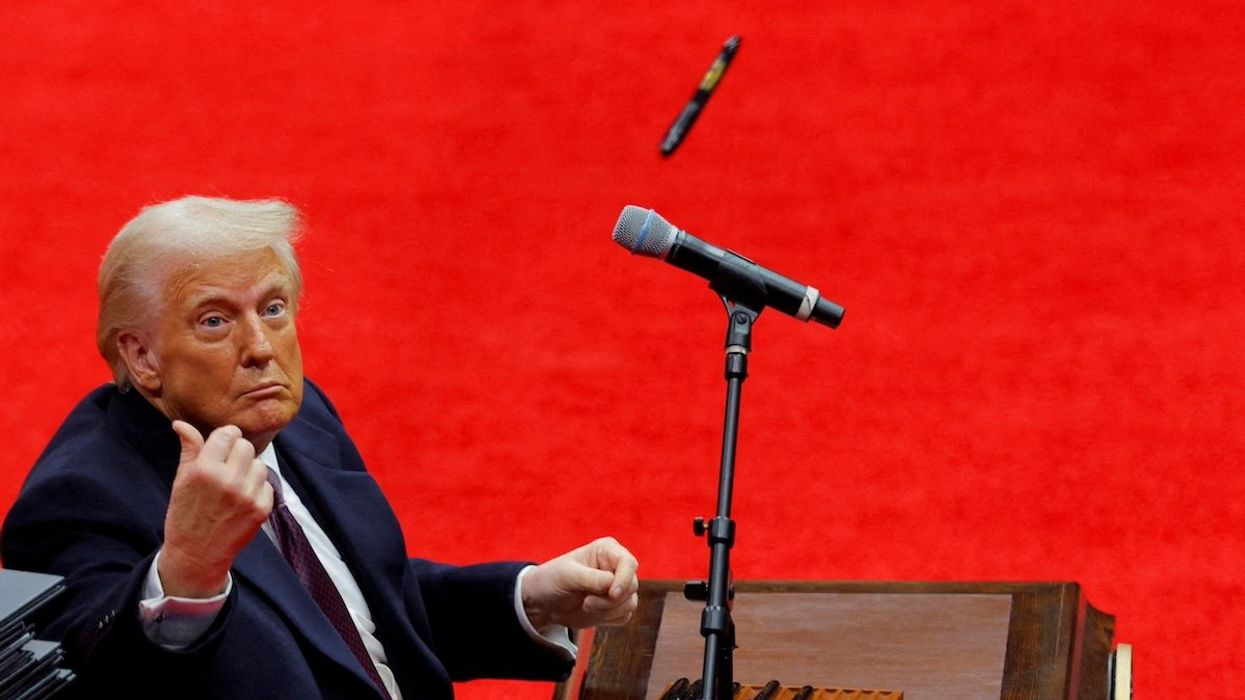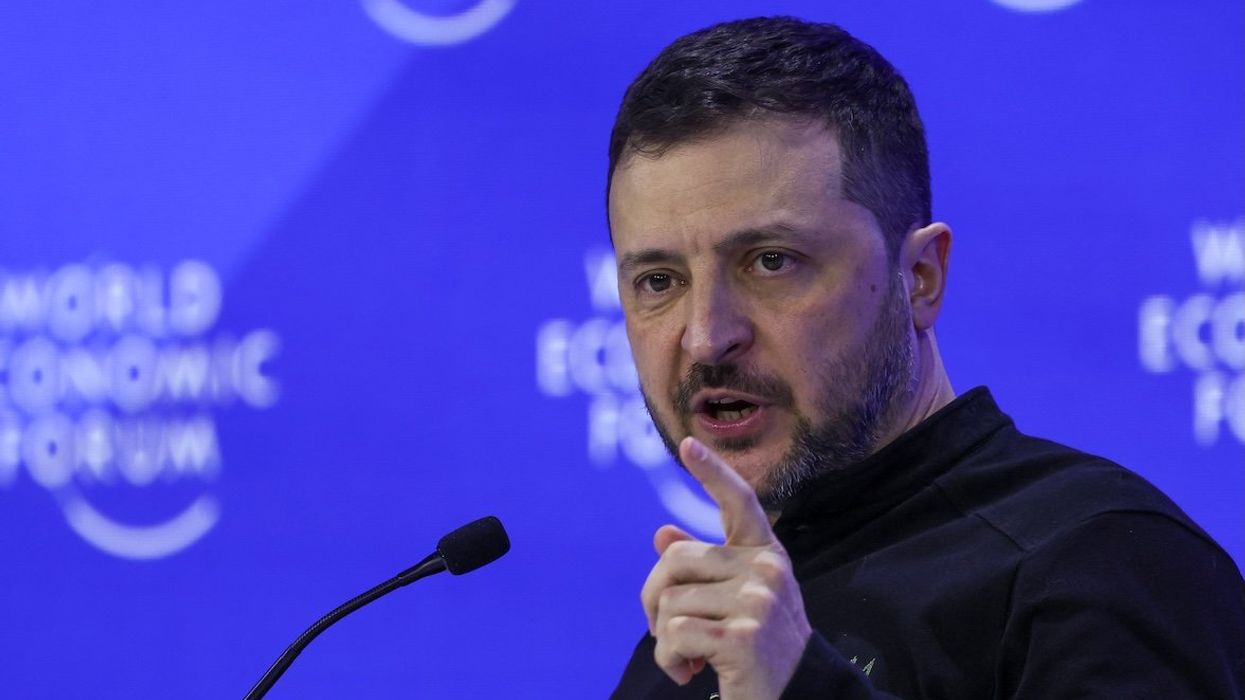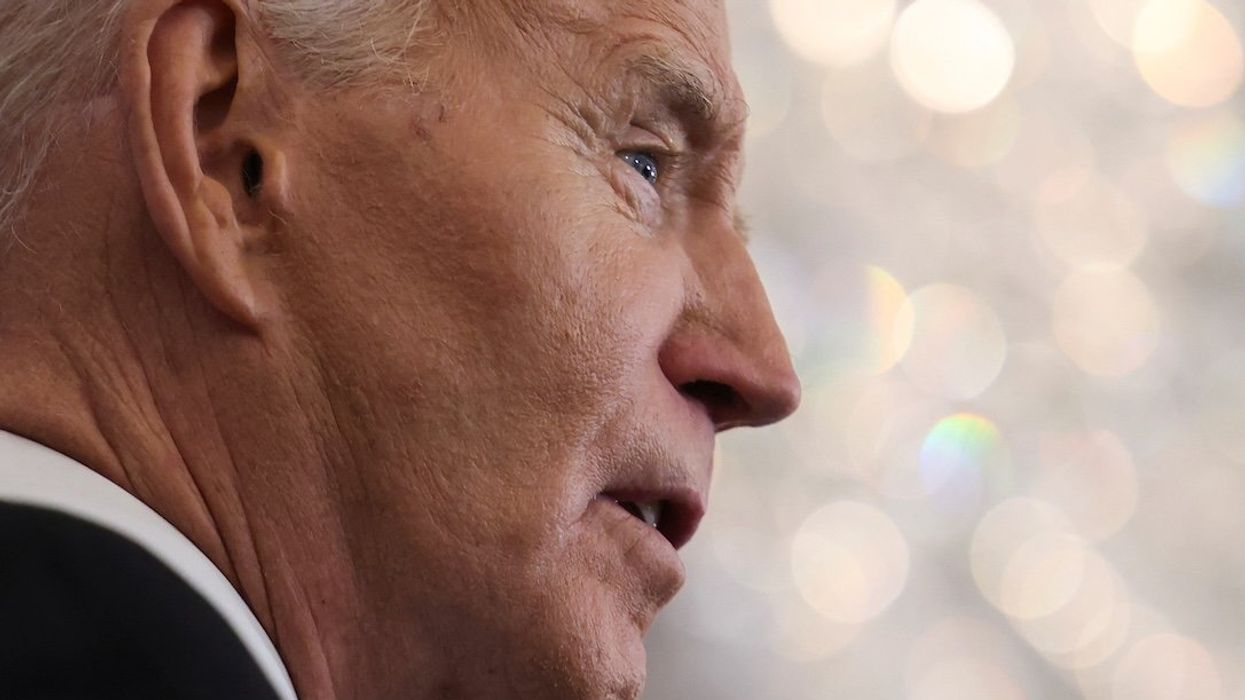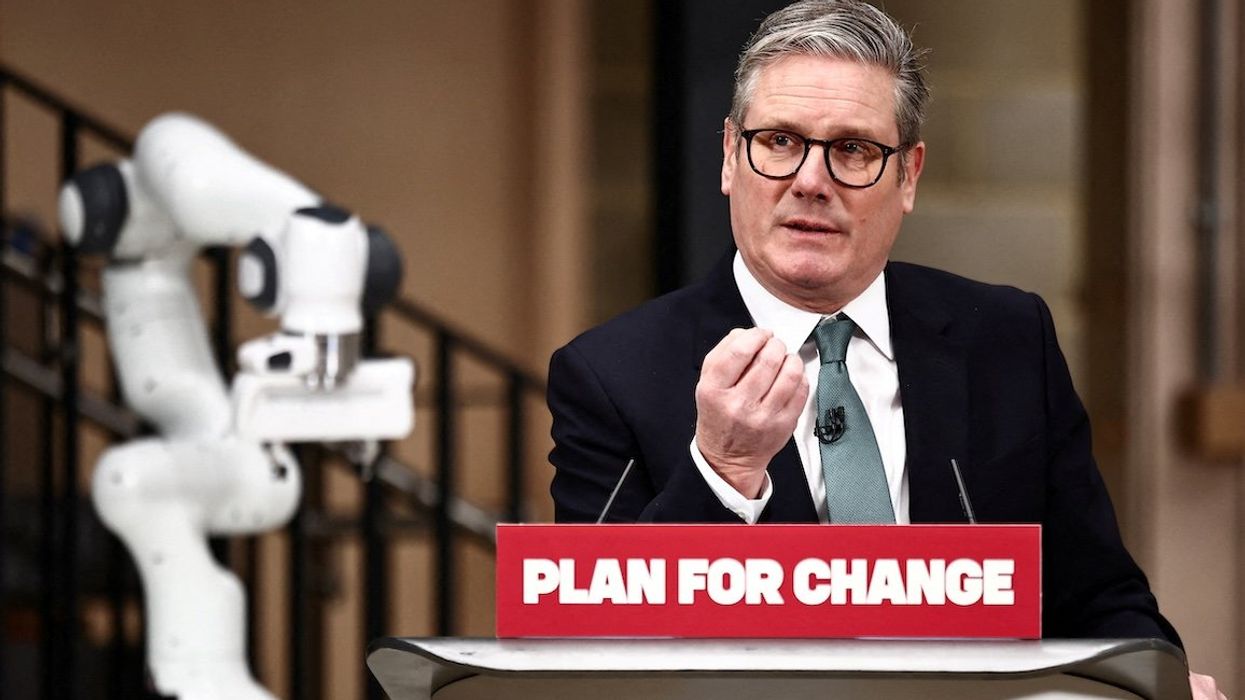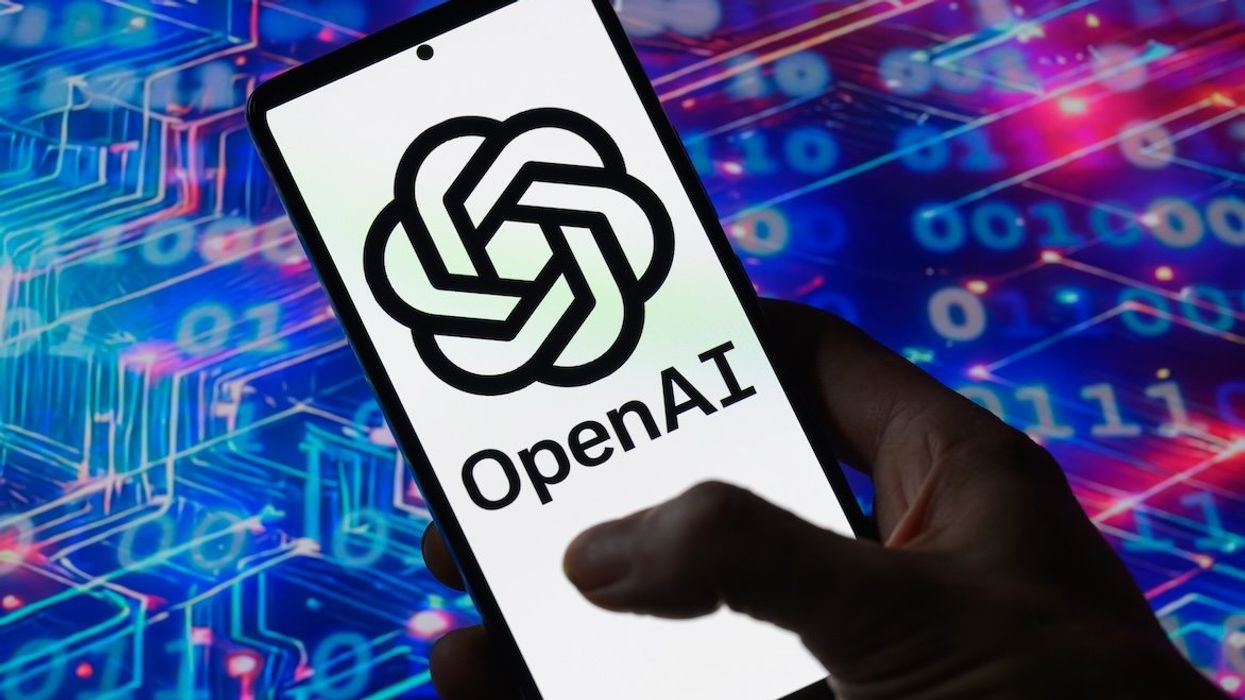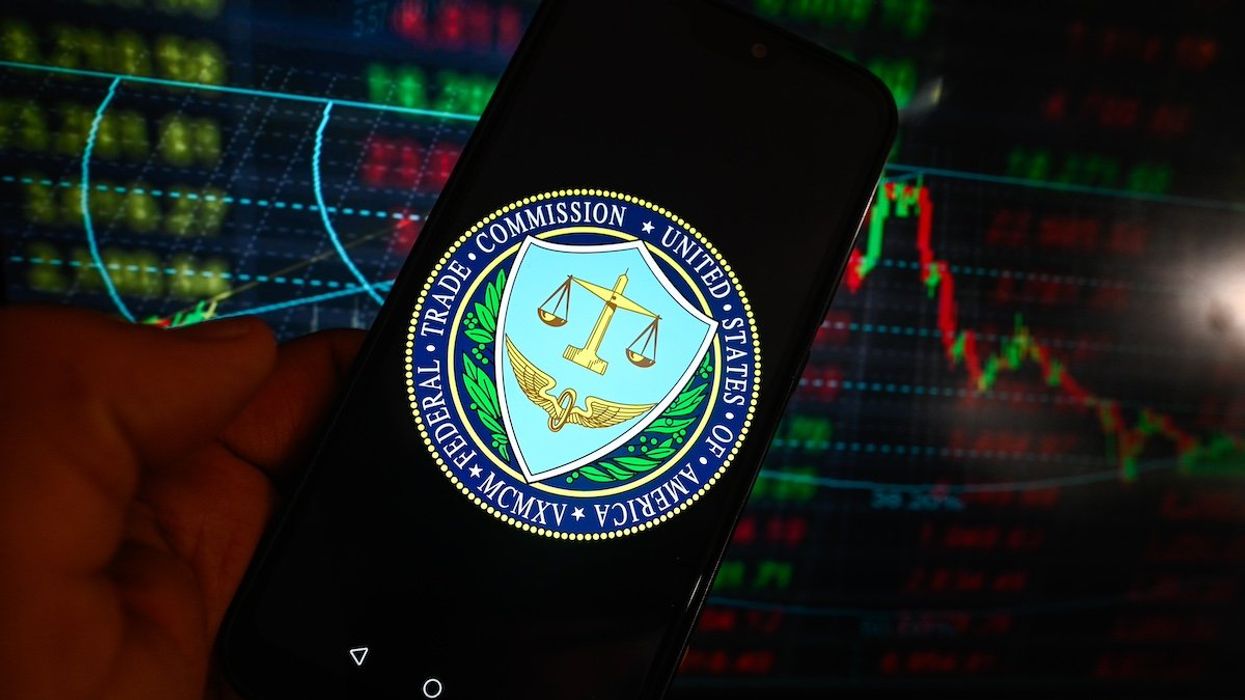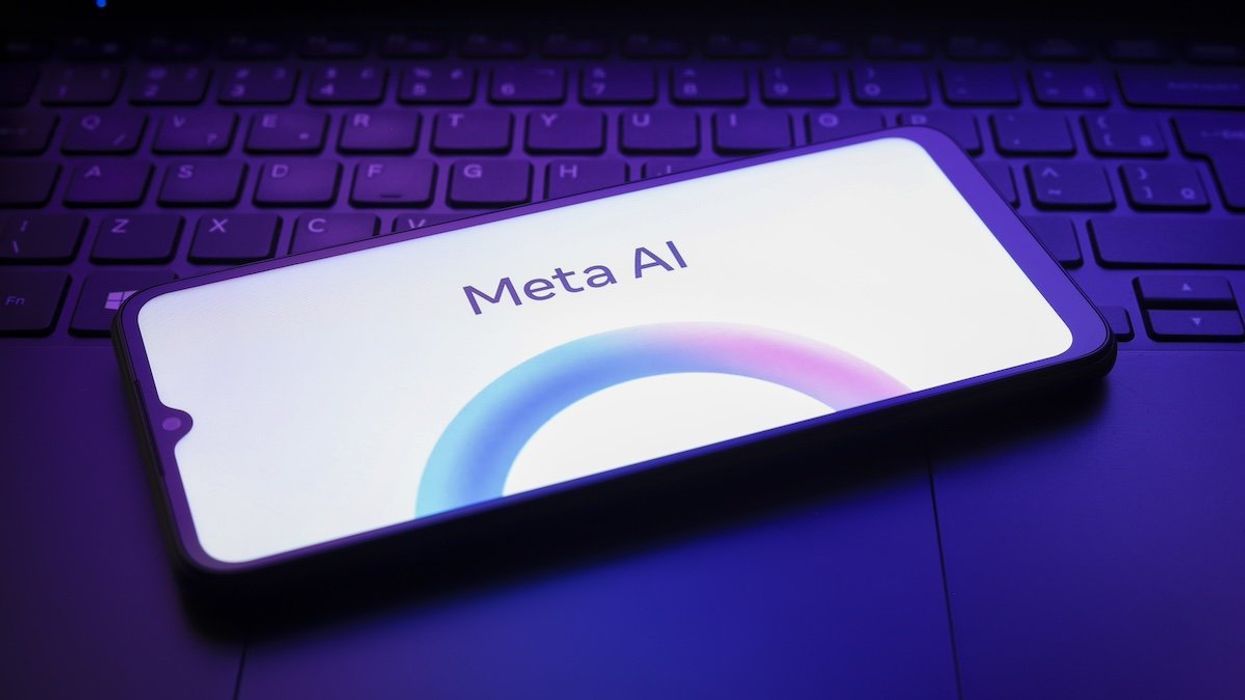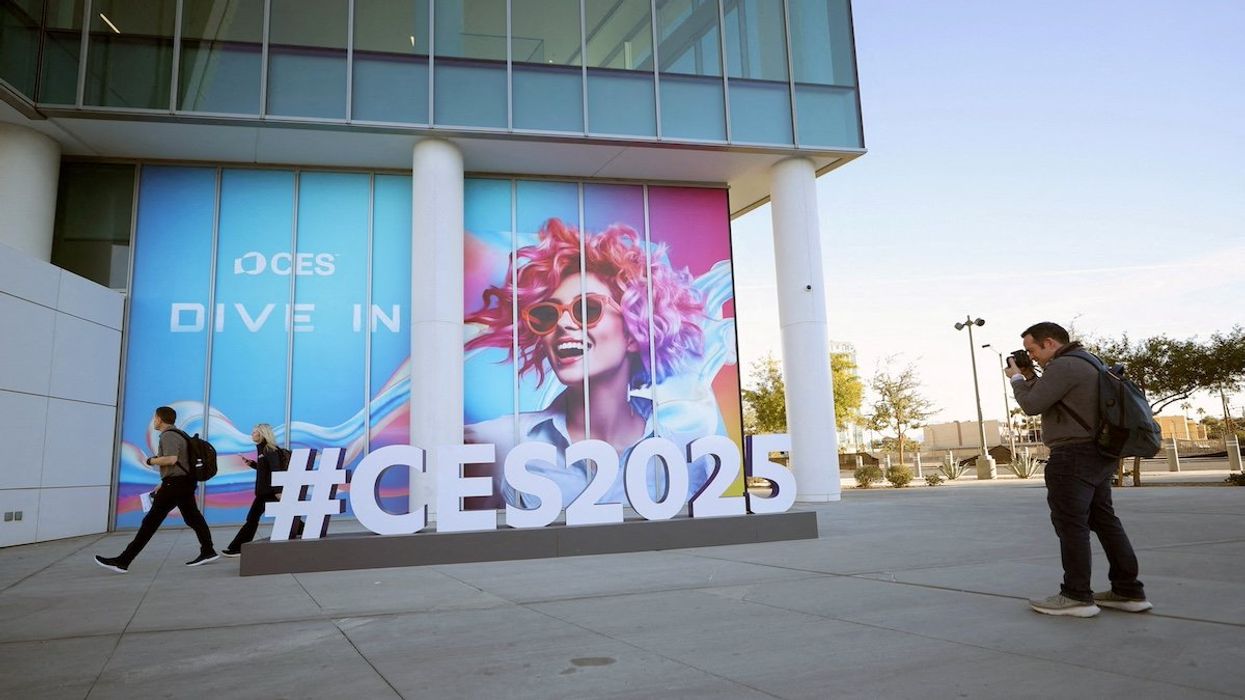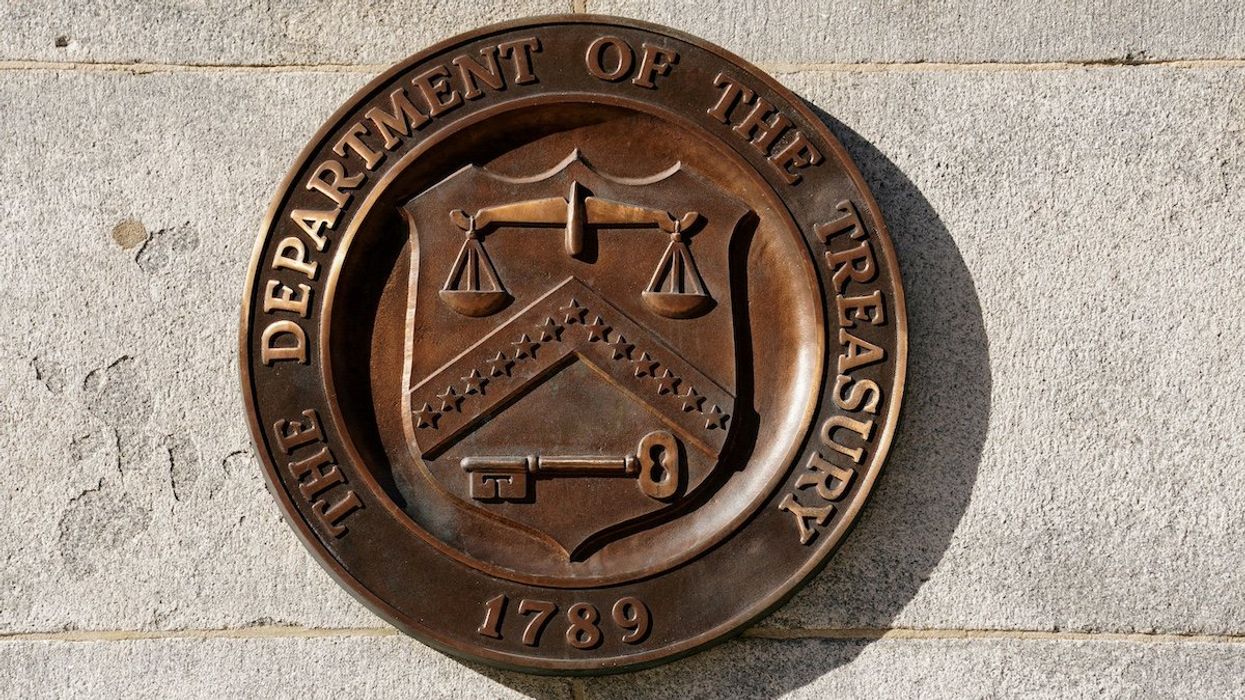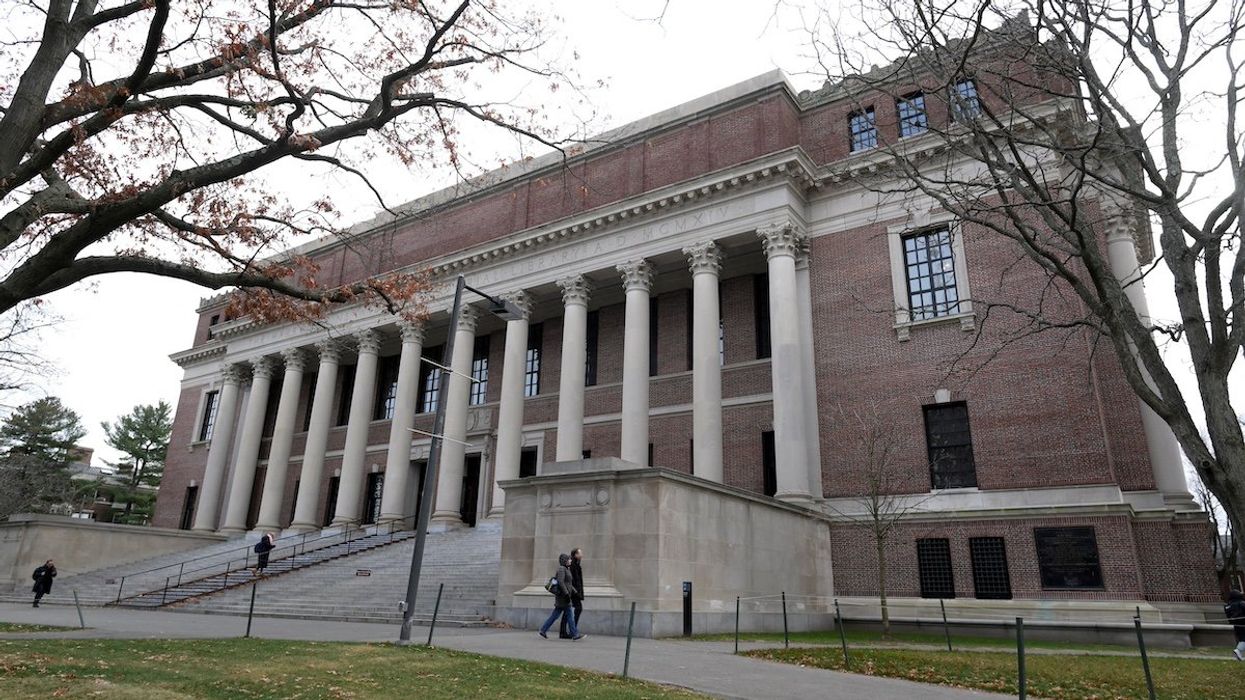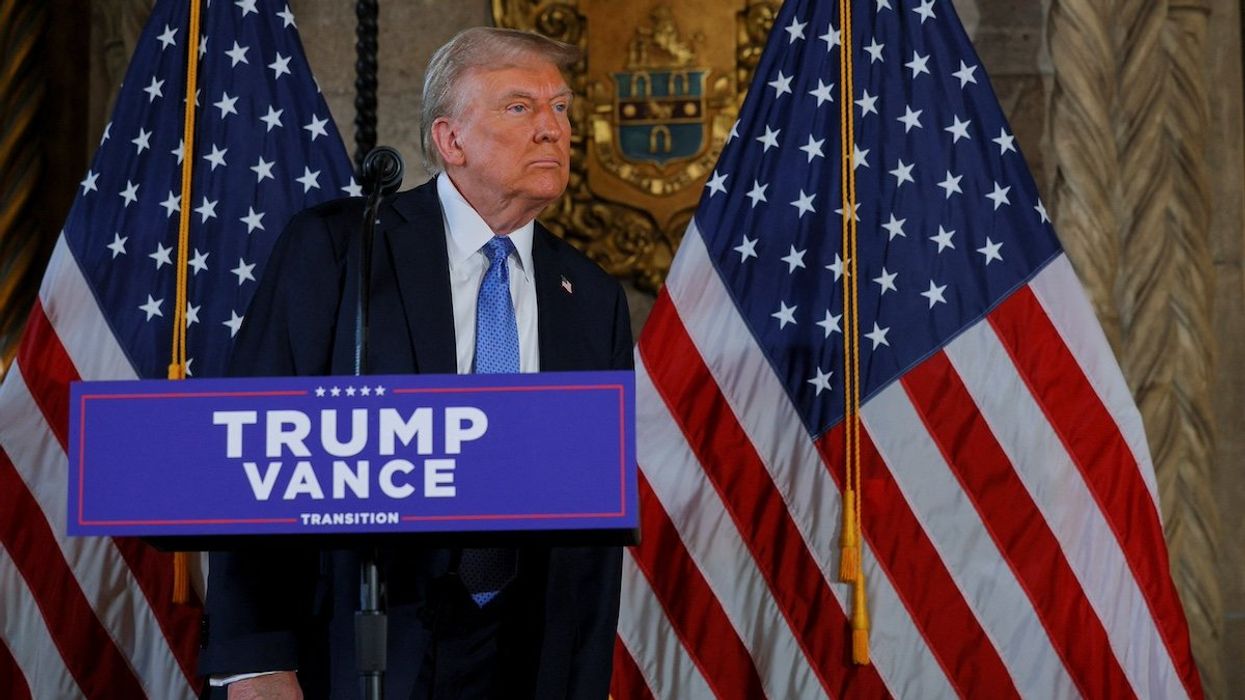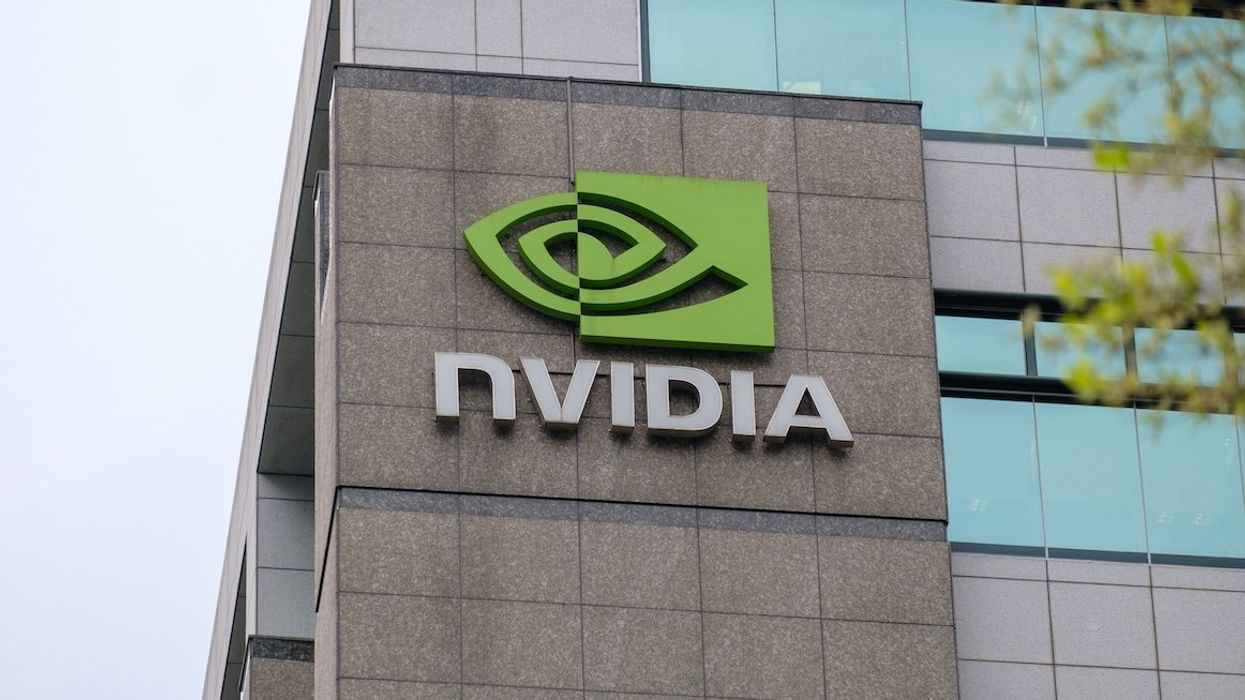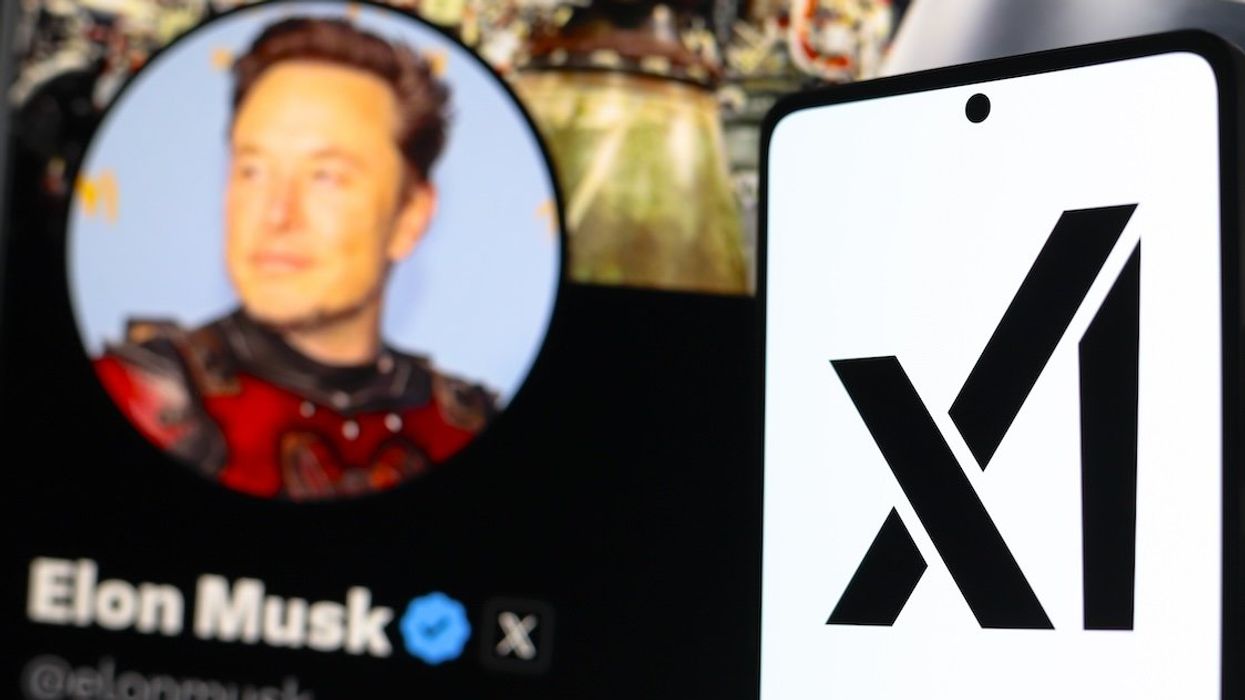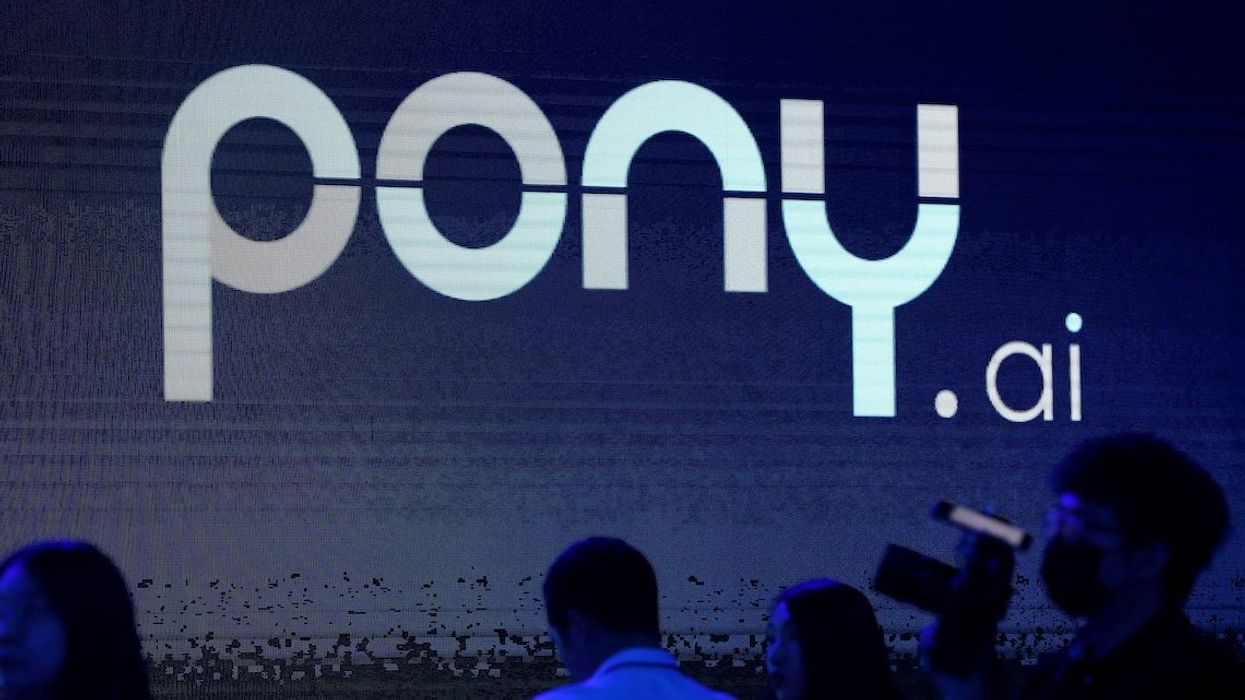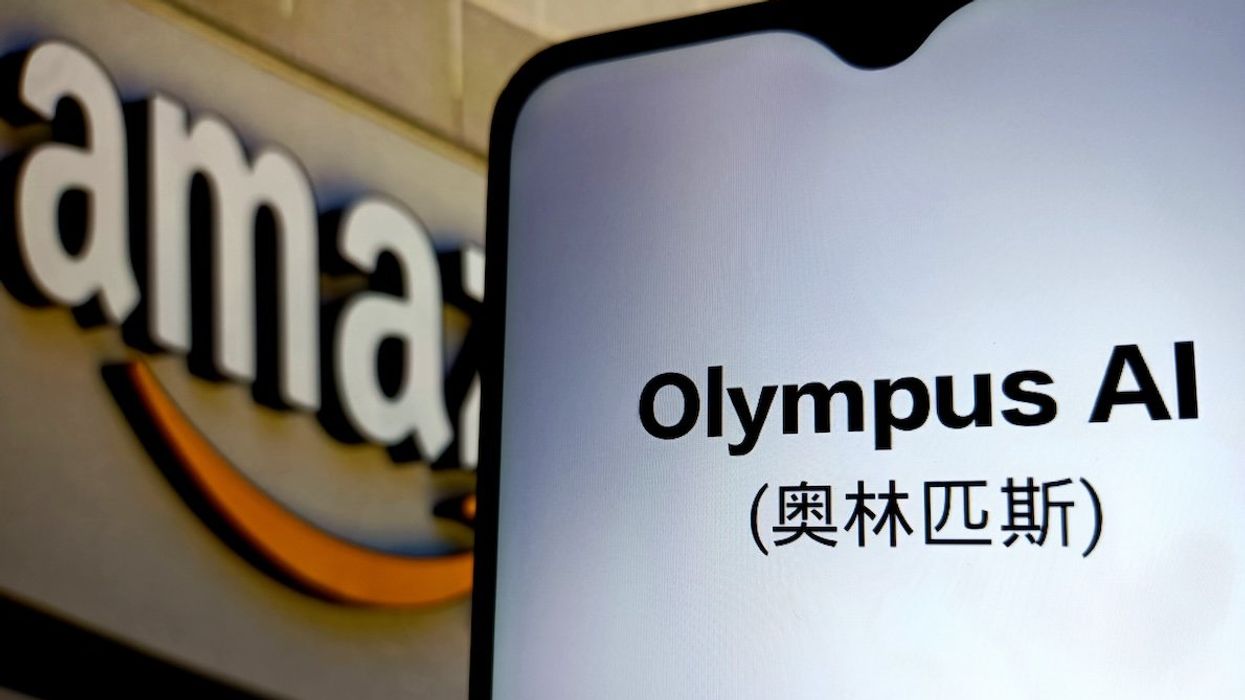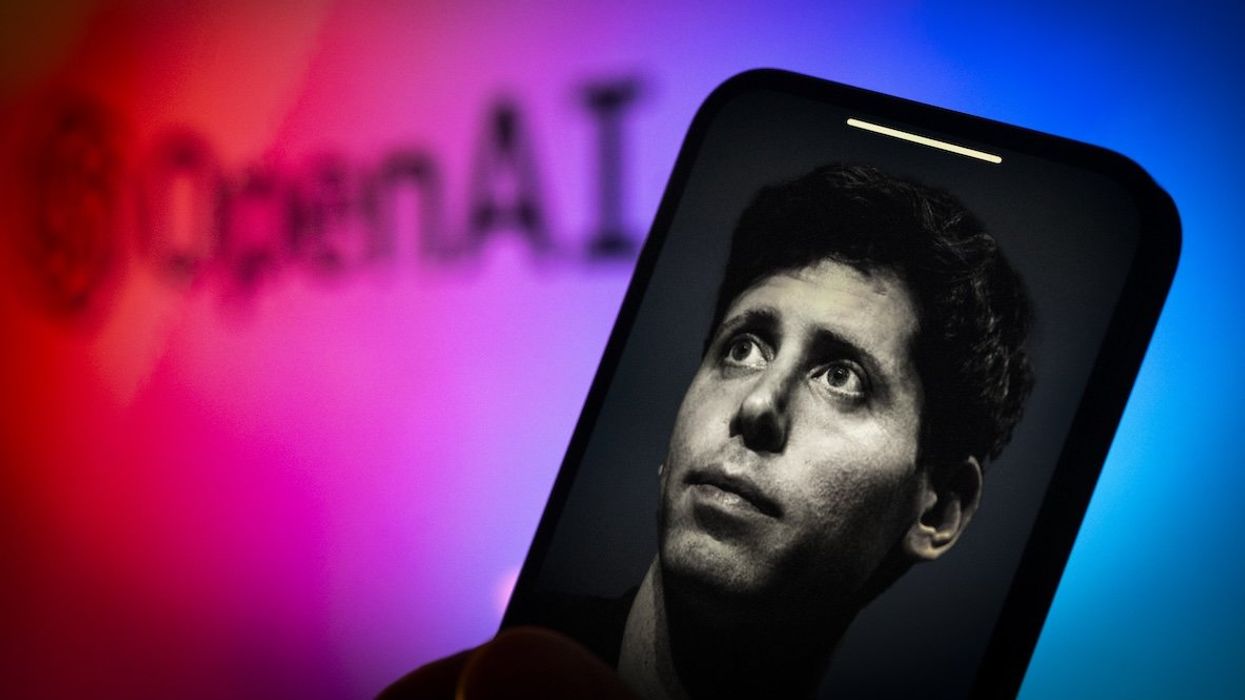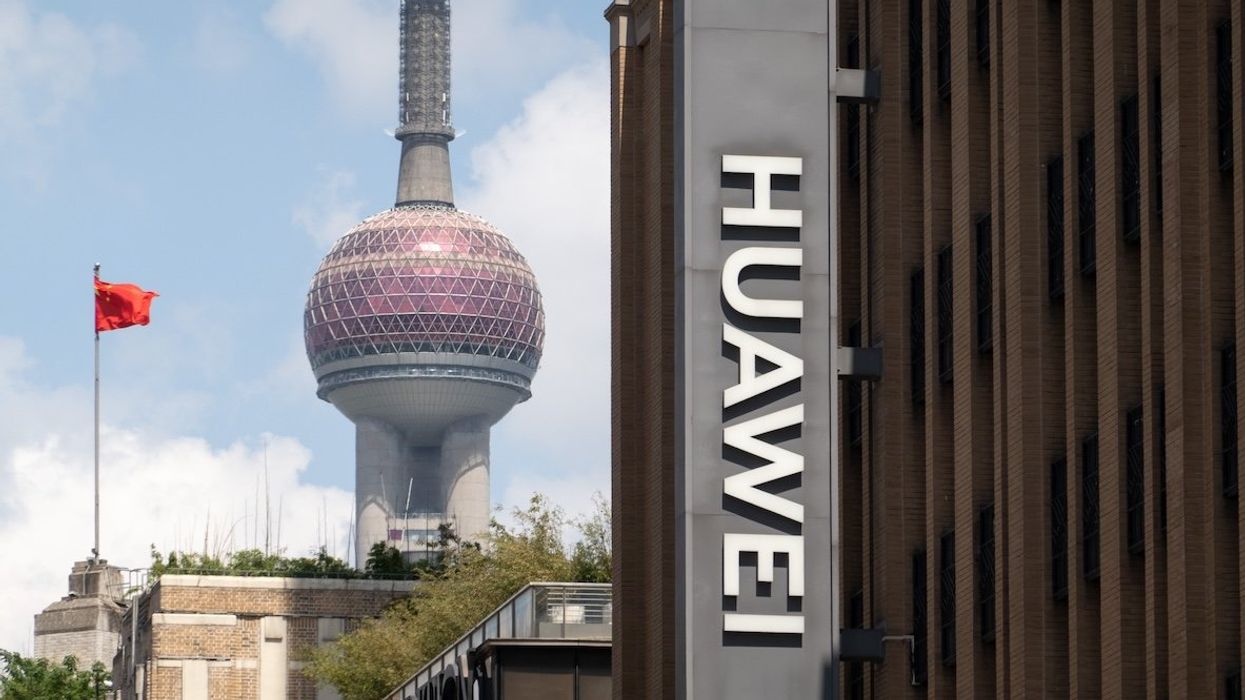VIDEOSGZERO World with Ian BremmerQuick TakePUPPET REGIMEIan ExplainsGZERO ReportsAsk IanGlobal Stage
Site Navigation
Search
Human content,
AI powered search.
Latest Stories
Sign up for GZERO Daily.
Get our latest updates and insights delivered to your inbox.
Global Stage: Live from Davos
WATCH
GZERO AI
The latest on artificial intelligence and its implications - from the GZERO AI newsletter.
Presented by
Marietje Schaake, International Policy Fellow, Stanford Human-Centered Artificial Intelligence, and former European Parliamentarian, co-hosts GZERO AI, our new weekly video series intended to help you keep up and make sense of the latest news on the AI revolution. In this episode, she reviews the Singapore government's latest agenda in its AI policy: How to govern AI, at the Singapore Conference on Artificial Intelligence.
Hello. My name is Marietje Schaake. I'm in Singapore this week, and this is GZERO AI. Again, a lot of AI activities going on here at a conference organized by the Singaporese government that is looking at how to govern AI, the key question, million-dollar question, billion-dollar question that is on agendas for politicians, whether it is in cities, countries, or multilateral organizations. And what I like about the approach of the government here in Singapore is that they've brought together a group of experts from multiple disciplines, multiple countries around the world, to help them tackle the question of, what should we be asking ourselves? And how can experts inform what Singapore should do with regard to its AI policy? And this sort of listening mode and inviting experts first, I think is a great approach and hopefully more governments will do that, because I think it's necessary to have such well-informed thoughts, especially while there is so much going on already. Singapore is thinking very, very clearly and strategically about what its unique role can be in a world full of AI activities.
Speaking of the world full of AI activities, the EU will have the last, at least last planned negotiating round on the EU AI Act where the most difficult points will have to come to the table. Outstanding differences between Member States, the European parliaments around national security uses of AI, or the extent to which human rights protections will be covered, but also the critical discussion that is surfacing more and more around foundation models, whether they should be regulated, how they should be regulated, and how that can be done in a way that European companies are not disadvantaged compared to, for example, US leaders in the generative AI space in particular. So it's a pretty intense political fight, even after it looked like there was political consensus until about a month ago. But of course that is not unusual. Negotiations always have to tackle the most difficult points at the end, and that is where we are. So it's a space to watch, and I wouldn't be surprised if there would be an additional negotiating round planned after the one this week.
Then there will be the first physical meeting of the UN AI Advisory Body, of which I'm a member and I'm looking forward. This is going to happen in New York City and it will really be the first opportunity for all of us to get together and discuss, after online working sessions have taken place and a flurry of activities has already taken off after we were appointed roughly a month ago. So the UN is moving at break speed this time, and hopefully it will lead to important questions and answers with regard to the global governance of AI, the unique role of the United Nations, and the application of the charter international human rights and international law at this critical moment for global governance of artificial intelligence.
Keep reading...Show less
More from GZERO AI
What we learned from a week of AI-generated cartoons
April 01, 2025
Nvidia delays could slow down China at a crucial time
April 01, 2025
North Korea preps new kamikaze drones
April 01, 2025
Apple faces false advertising lawsuit over AI promises
March 25, 2025
The Vatican wants to protect children from AI dangers
March 25, 2025
Europe hungers for faster chips
March 25, 2025
How DeepSeek changed China’s AI ambitions
March 25, 2025
Inside the fight to shape Trump’s AI policy
March 18, 2025
Europol warns of AI-powered organized crime
March 18, 2025
Europe’s biggest companies want to “Buy European”
March 18, 2025
Beijing calls for labeling of generative AI
March 18, 2025
The new AI threats from China
March 18, 2025
DeepSeek says no to outside investment — for now
March 11, 2025
Palantir delivers two key AI systems to the US Army
March 11, 2025
China announces a state-backed AI fund
March 11, 2025
Did Biden’s chip rules go too far?
March 04, 2025
China warns AI executives over US travel
March 04, 2025
Trump cuts come to the National Science Foundation
March 04, 2025
The first AI copyright win is here — but it’s limited in scope
February 25, 2025
Adobe’s Firefly is impressive and promises it’s copyright-safe
February 25, 2025
OpenAI digs up a Chinese surveillance tool
February 25, 2025
Trump plans firings at NIST, tasked with overseeing AI
February 25, 2025
Silicon Valley and Washington push back against Europe
February 25, 2025
France puts the AI in laissez-faire
February 18, 2025
Meta’s next AI goal: building robots
February 18, 2025
Intel’s suitors are swarming
February 18, 2025
South Korea halts downloads of DeepSeek
February 18, 2025
Elon Musk’s government takeover is powered by AI
February 11, 2025
First US DeepSeek ban could be on the horizon
February 11, 2025
France’s nuclear power supply to fuel AI
February 11, 2025
Christie’s plans its first AI art auction
February 11, 2025
Elon Musk wants to buy OpenAI
February 11, 2025
JD Vance preaches innovation above all
February 11, 2025
AI pioneers share prestigious engineering prize
February 04, 2025
Britain unveils new child deepfake law
February 04, 2025
OpenAI strikes a scientific partnership with US National Labs
February 04, 2025
Europe’s AI Act starts to take effect
February 04, 2025
Is DeepSeek the next US national security threat?
February 04, 2025
OpenAI launches ChatGPT Gov
January 28, 2025
An AI weapon detection system failed in Nashville
January 28, 2025
An Oscar for AI-enhanced films?
January 28, 2025
What DeepSeek means for the US-China AI war
January 28, 2025
What Stargate means for Donald Trump, OpenAI, and Silicon Valley
January 28, 2025
Trump throws out Biden’s AI executive order
January 21, 2025
Can the CIA’s AI chatbot get inside the minds of world leaders?
January 21, 2025
Doug Burgum’s coal-filled energy plan for AI
January 21, 2025
Day Two: The view for AI from Davos
January 21, 2025
Is the TikTok threat really about AI?
January 21, 2025
Biden wants AI development on federal land
January 14, 2025
Biden has one week left. His chip war with China isn’t done yet.
January 14, 2025
British PM wants sovereign AI
January 14, 2025
Automation is coming. Are you ready?
January 14, 2025
OpenAI offers its vision to Washington
January 14, 2025
Meta wants AI users — but maybe not like this
January 07, 2025
CES will be all about AI
January 07, 2025
Questions remain after sanctions on a Russian disinformation network
January 07, 2025
5 AI trends to watch in 2025
January 07, 2025
AI companies splash the cash around for Trump’s inauguration fund
December 17, 2024
Trump wades into the dockworkers dispute over automation
December 17, 2024
The world of AI in 2025
December 17, 2024
2024: The Year of AI
December 17, 2024
Microsoft gets OK to send chips to the UAE
December 10, 2024
Nvidia forges deals in American Southwest and Southeastern Asia
December 10, 2024
The AI military-industrial complex is here
December 10, 2024
Biden tightens China’s access to chips one last time
December 03, 2024
Intel is ready to move forward — without its CEO
December 03, 2024
Amazon is set to announce its newest AI model
December 03, 2024
Can OpenAI reach 1 billion users?
December 03, 2024
Will AI companies ever be profitable?
November 26, 2024
The US is thwarting Huawei’s chip ambitions
November 26, 2024
The AI energy crisis looms
November 26, 2024
Amazon’s grand chip plans
November 26, 2024
GZERO Series
GZERO Daily: our free newsletter about global politics
Keep up with what’s going on around the world - and why it matters.






